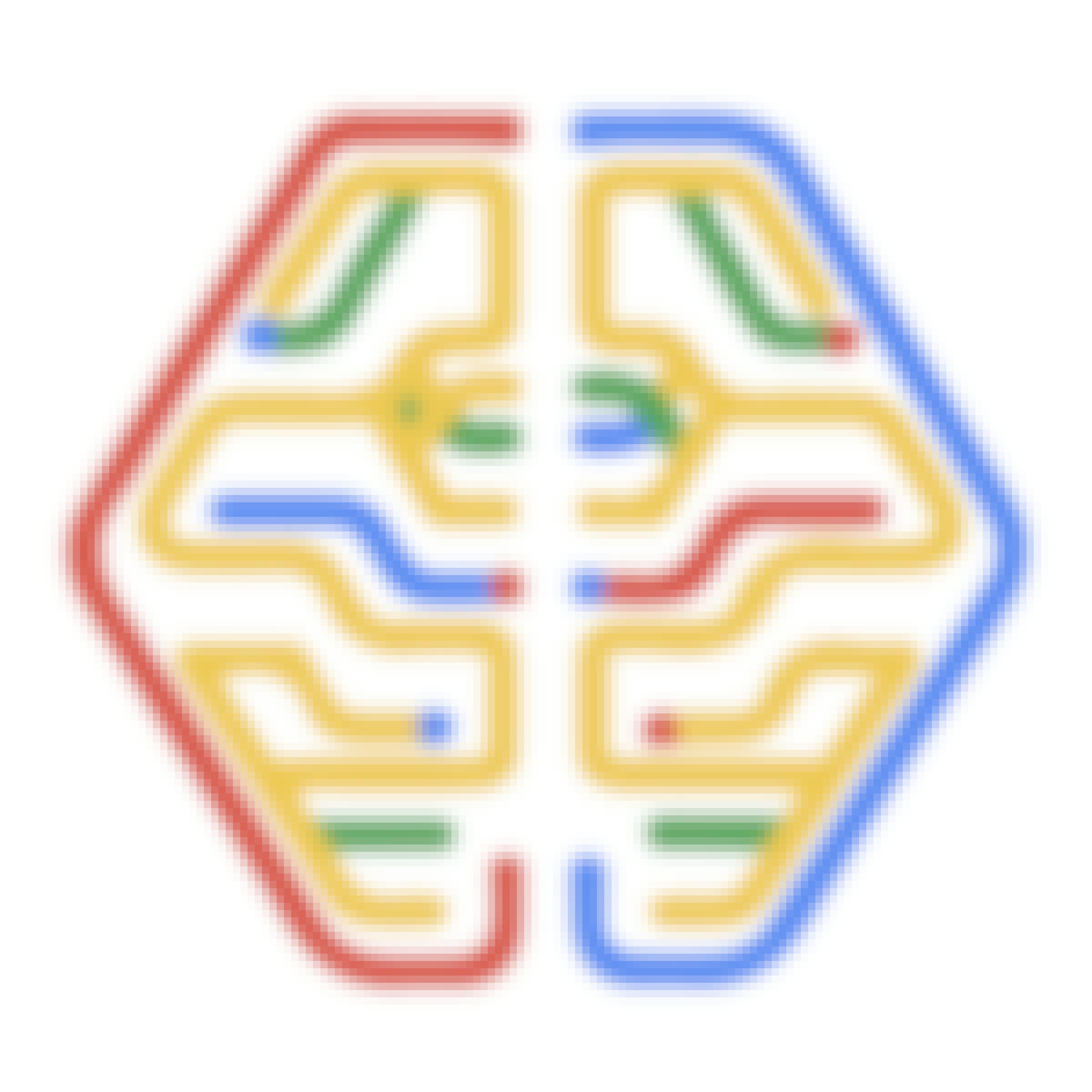Filter by
The language used throughout the course, in both instruction and assessments.
81 results for "nervous system"

DeepLearning.AI
Skills you'll gain: Artificial Neural Networks, Computer Vision, Exploratory Data Analysis, Machine Learning, Natural Language Processing, Python Programming

University of Colorado Boulder

University of Washington
Skills you'll gain: Communication, Critical Thinking, Public Relations, Strategy, Business Communication, Decision Making, Human Learning, Leadership and Management, People Analysis, People Development, Planning, Problem Solving, Professional Development, Process Analysis, Storytelling, Emotional Intelligence, Writing, Influencing, Organizational Development, Creativity, Leadership Development, Continuous Delivery, Interactive Data Visualization, Adaptability, Negotiation

University of Virginia Darden School Foundation
Skills you'll gain: Business Analysis, Business Transformation, Strategy, Data Analysis, Cloud Computing, Strategy and Operations, Applied Machine Learning, Big Data, Data Visualization, Deep Learning, Entrepreneurship, Leadership and Management, Research and Design, Algorithms, Artificial Neural Networks, Computer Vision, Human Learning, Innovation, Machine Learning, Machine Learning Algorithms, Machine Learning Software, Marketing, Sales, Adaptability, Data Structures, Market Analysis, Business Design, Business Development, Customer Analysis, Product Strategy, Data Management, Data Mining, Databases, Python Programming, Cloud Applications, Cloud Infrastructure, Cloud Platforms, Cloud Storage, Data Science, DevOps, IBM Cloud, NoSQL, R Programming, Microsoft Excel

New York University

University of Alberta
Skills you'll gain: Machine Learning, Reinforcement Learning, Algorithms, Human Learning, Machine Learning Algorithms, Applied Machine Learning, Computer Programming, Python Programming, Statistical Machine Learning, Statistical Programming, Artificial Neural Networks, Decision Making, Mathematics, Probability Distribution

University of Illinois at Urbana-Champaign

Skills you'll gain: Machine Learning, Deep Learning, Machine Learning Algorithms, Artificial Neural Networks, Python Programming, Cloud Computing, Computer Vision, Human Learning, IBM Cloud, Algorithms, Applied Machine Learning, Machine Learning Software, Computer Programming, Application Development, Cloud API, Cloud Applications, Computer Programming Tools, Human Computer Interaction, Natural Language Processing, Software Engineering Tools, Visualization (Computer Graphics), Adaptability, Software Engineering, Software As A Service, User Experience Design, Communication, Customer Analysis, Data Analysis, Programming Principles, Software Architecture, Agile Software Development, Product Management, Software Testing, Technical Product Management, Javascript, Data Science

Skills you'll gain: Machine Learning, Machine Learning Algorithms, Human Learning, Statistical Machine Learning, Data Analysis, Probability & Statistics, Applied Machine Learning, Algorithms, Forecasting, Statistical Analysis, Regression, Deep Learning, General Statistics, Python Programming, Machine Learning Software, Artificial Neural Networks, Exploratory Data Analysis, Feature Engineering, Dimensionality Reduction, Statistical Tests, Reinforcement Learning, Data Model, Data Analysis Software, Network Model

Google Cloud
Skills you'll gain: Applied Machine Learning, Human Learning, Machine Learning, Machine Learning Algorithms, Google Cloud Platform, Machine Learning Software, Artificial Neural Networks, Cloud Computing, Tensorflow

Coursera Project Network
Skills you'll gain: Artificial Neural Networks, Deep Learning, Machine Learning, Computer Vision, Python Programming

Coursera Project Network
Skills you'll gain: Artificial Neural Networks, Computer Vision, Deep Learning, Machine Learning
In summary, here are 10 of our most popular nervous system courses
- AI for Good: DeepLearning.AI
- Movement Capabilities Depend on Neuromuscular Properties: University of Colorado Boulder
- Dynamic Public Speaking: University of Washington
- IBM & Darden Digital Strategy: University of Virginia Darden School Foundation
- Engineering Health: Introduction to Yoga and Physiology: New York University
- Reinforcement Learning: University of Alberta
- Lactation Biology: University of Illinois at Urbana-Champaign
- IBM AI Developer: IBM
- IBM Machine Learning: IBM
- Recommendation Systems on Google Cloud: Google Cloud










